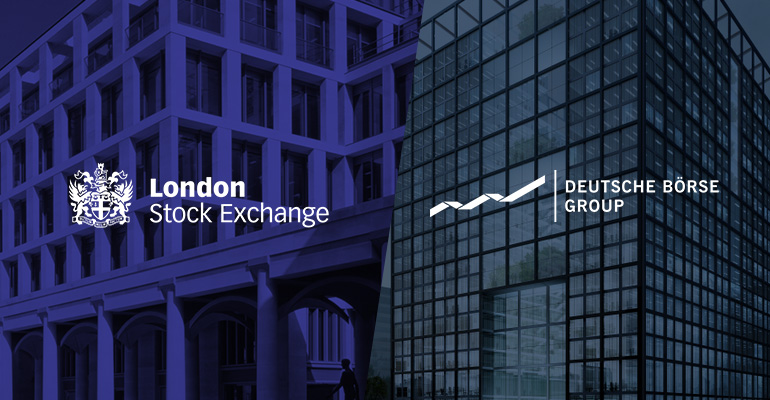

The long planned merger was to give rise to the world’s largest exchange by total income, the biggest for equities listings, and to an entity that would control more derivatives trades than any other entity in the world.1 It would have, as per words of Mr. Joachim Faber, the chairman of the supervisory board of Deutsche Börse, indubitably enhanced the global competitiveness of Europe’s financial markets and preserved an important nexus between continental Europe and Great Britain.
In spite of the above said, concerns raised by the Commission could not have been easily overcome. Most notably, as it was stated by the Commission’s officials, the implementation of the subject merger would have significantly jeopardized competition by creating a de facto monopoly in the area of fixed income instruments (bonds and repurchase agreements). Consequently, the merger would have also had a negative effect on downstream markets for custody and collateral management. Ultimately, the alleged monopoly would have eliminated horizontal competition for trading and clearing of single stock equity derivatives.
Worries raised by the Commission at first seemed remediable. In order to offset concerns surrounding the subject market concentration, LSE committed to sell its French clearing house, LCH.Clearnet SA, to its rival Euronext for €510m. However, said concession was not sufficient. The Commission further demanded from LSE to sell its 60% share in MTS, an Italian bond trading venue, in order to ensure viability of the clearing house sale and allow LCH.Clearnet SA to in fact become a viable competitor in fixed income clearing (the latter being vitally dependent on MTS). Claiming that said share generated around a quarter of its adjusted operating profit, LSE decided not to obey the Commission’s request, thereby emphasizing its untimeliness, disproportionality and unfairness.
Competition matters aside, it seems that Brexit “has claimed its first victim”. According to many, the deal was off the table way before the Commission gave its final verdict, more precisely, the moment it became clear that the United Kingdom would leave the EU.2 Mere speculations or not, eventually it comes down to the same – at present and in this form, the merger is illegal from the Competition Law perspective. Whether a fourth attempt to gain the approval of the Commission will take place, it is yet to be seen. At all events, if no additional concessions by LSE and/or Deutsche Börse are made in order to neutralize any possible negative effects on competition on the market, any said attempt would most likely remain futile.
————————————-